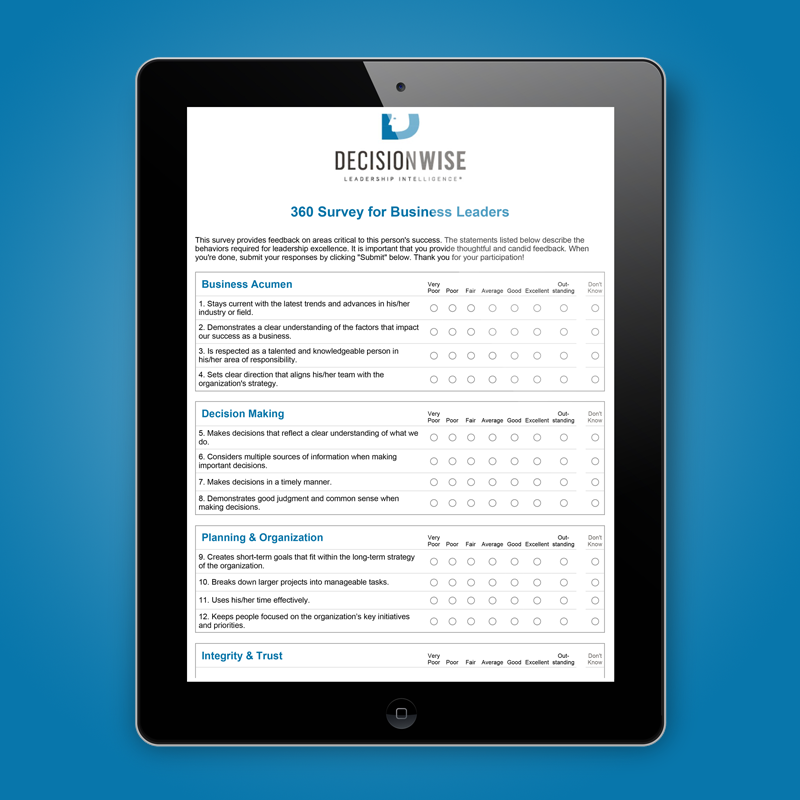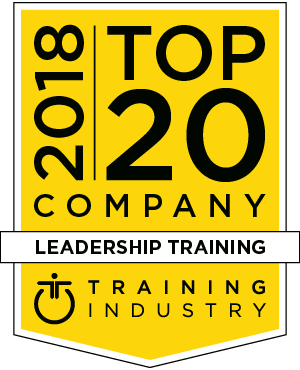- Challenges
-
 Big Shift
Big ShiftA guide on improving employee engagement through surveys.
-
 Exponential Growth
Exponential GrowthA guide on improving employee engagement through surveys.
-
 Employee Experience
Employee ExperienceA guide on improving employee engagement through surveys.
-
 Customer Experience
Customer ExperienceA guide on improving employee engagement through surveys.

-
- Solutions
-
 Assessment
AssessmentA guide on improving employee engagement through surveys.
-
 Training
TrainingA guide on improving employee engagement through surveys.
-
 Coaching
CoachingA guide on improving employee engagement through surveys.
-
 Consulting
ConsultingA guide on improving employee engagement through surveys.
-
 Digital HR
Digital HRA guide on improving employee engagement through surveys.
-
 Speakers
SpeakersA guide on improving employee engagement through surveys.

-
- Resources
- Company
- Blog
- Contact
- Subscribe


















